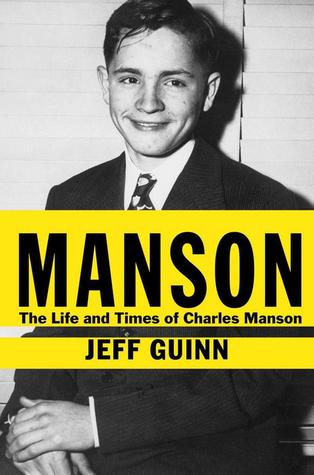More on this book
Community
Kindle Notes & Highlights
Older denied a series of requests by Kanarek, one of which was to suppress Charlie’s body as trial evidence, which would have meant no witness could identify Charlie in front of the jury.
Charlie and the Family had been in the news for seven months.
During June and July, Charlie learned the difference between notoriety and popularity.
In all, 205 people were interviewed before the selection of a twelve-member jury and six alternates was finally completed on July 21.
Helter Skelter was the motive, and the “vicarious liability” rule of conspiracy would be their main argument for conviction.
“each conspirator is criminally responsible for all the crimes committed by his co-conspirators if [these] crimes were committed to further the object of the conspiracy. This rule applies even if the conspirator was not present at the scene of the crime.”
“You have created the monster. I am not of you, from you . . . I haved Xed myself from your world. No man or lawyer is speaking for me. I speak for myself. I am not allowed to speak with words so I have spoken with the mark I will be wearing on my forehead.”
“these seven incredible murders [that] were perhaps the most bizarre, savage, nightmarish murders in the recorded annals of crime.” The moment Bugliosi concluded, Kanarek demanded that Older declare a mistrial. The judge declined.
The next day, Kanarek made more objections than ever, so many that even Charlie lost patience with him, and asked Older if he was allowed to object to his attorney’s objections. Older said no.
The Weathermen broke Timothy Leary out of federal prison in San Luis Obispo, where he was serving a ten-year sentence for drug possession.
Three hundred and twenty People’s Exhibits, including photos of the Tate and LaBianca murder scenes, were formally entered into evidence so that the jury could study them during deliberations. Then at 4:27 P.M. on Monday, November 16, the prosecution rested its case. The trial had lasted twenty-two weeks.
On April 19, 1971, Judge Charles Older formally sentenced Charlie, Susan, Pat, and Leslie to die in the gas chamber.
In December 1971 he became the 97th prisoner placed in San Quentin’s Death Row.
On February 18, 1972, the California Supreme Court voted 6–1 to abolish the death penalty.
They would be eligible for parole in seven years.
The military intervention that tore American society apart was, in the end, for nothing.


